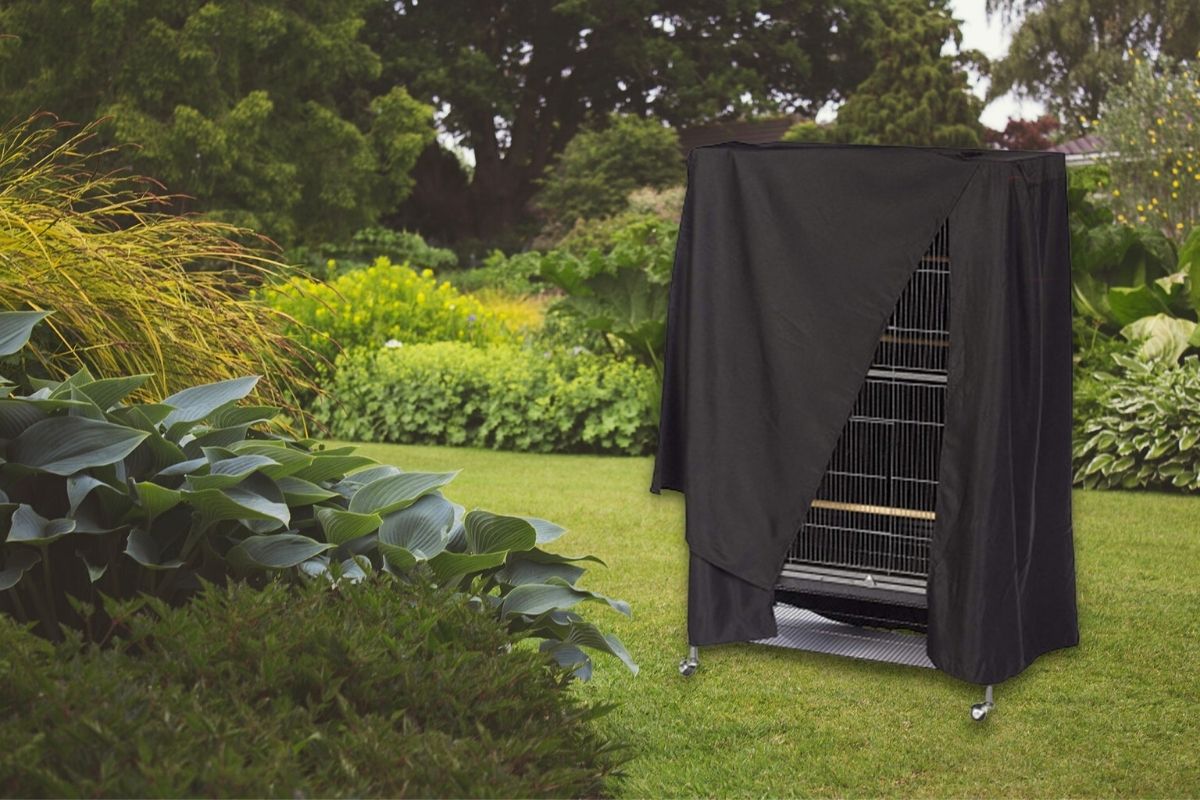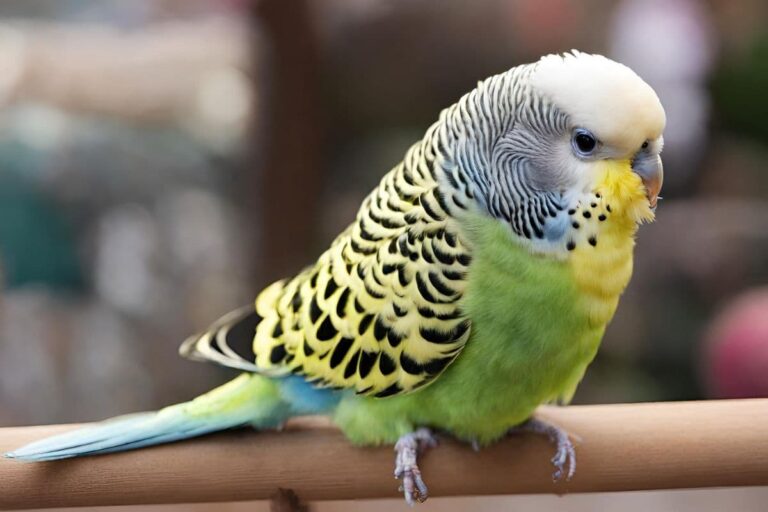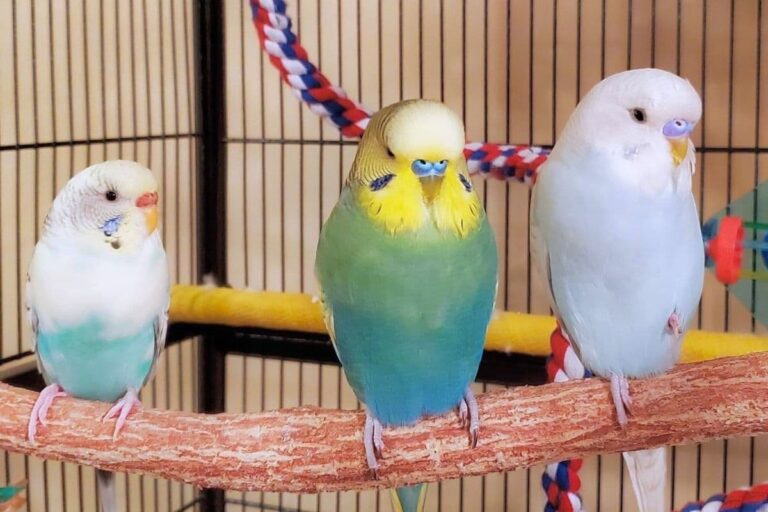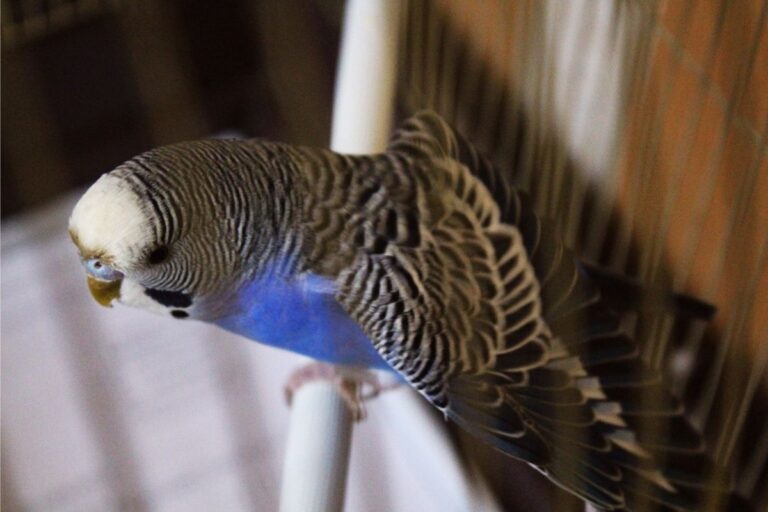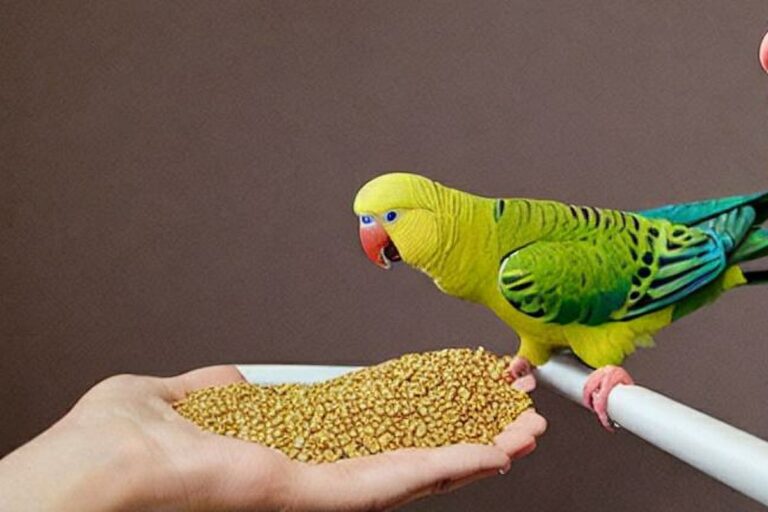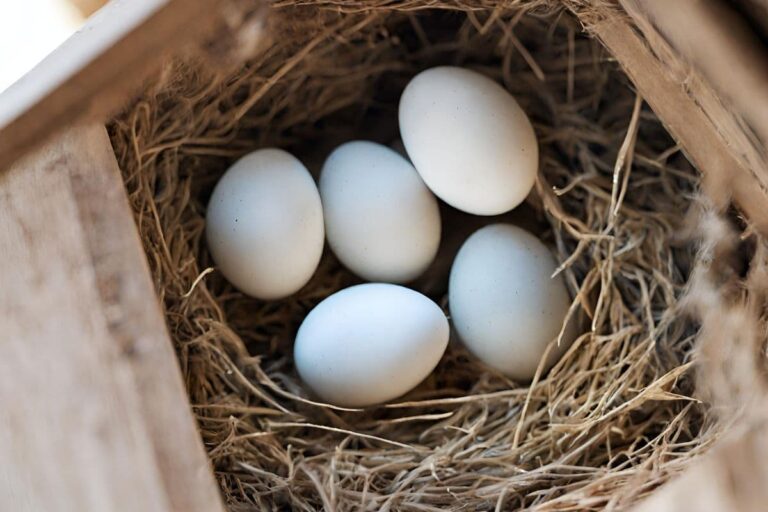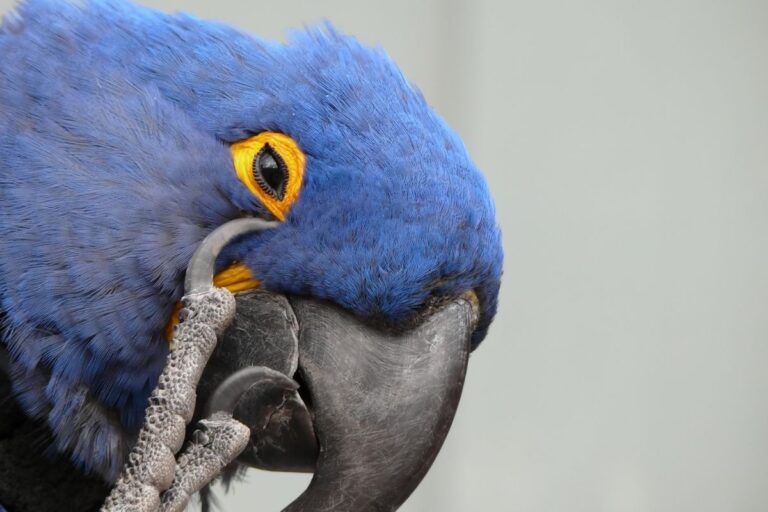Should You Cover Your Bird’s Cage at Night
Disclosure: The opinions expressed in this post are my own. This post may also contain affiliate links, which means that I will receive a commission if you decide to purchase through my links, at no additional cost to you. As an Amazon Associate, I earn from qualifying purchases.
Just like us, birds need a good night’s rest in order to stay happy and healthy. One very common question that keeps popping up especially with new or soon-to-be bird owners is whether should you cover your bird’s cage at night.
The idea is that covering your bird’s cage may help them to rest better and provide them a sense of security.
The way you house your pet birds determines how important it is to cover their cages at night. Let’s find out in this article together if it’s necessary for you to cover your pet bird’s cage at night.
Should You Cover Your Bird’s Cage at Night
Typically, it is a good idea to cover your pet bird’s cage at night, because it helps them to sleep better. This is especially so if they are placed outdoors. Apart from the nocturnal species such as owls, birds need plenty of rest during the night. A cage cover helps to aid in rest by providing darkness, warmth and a sense of security.
Sense of Security & Safety
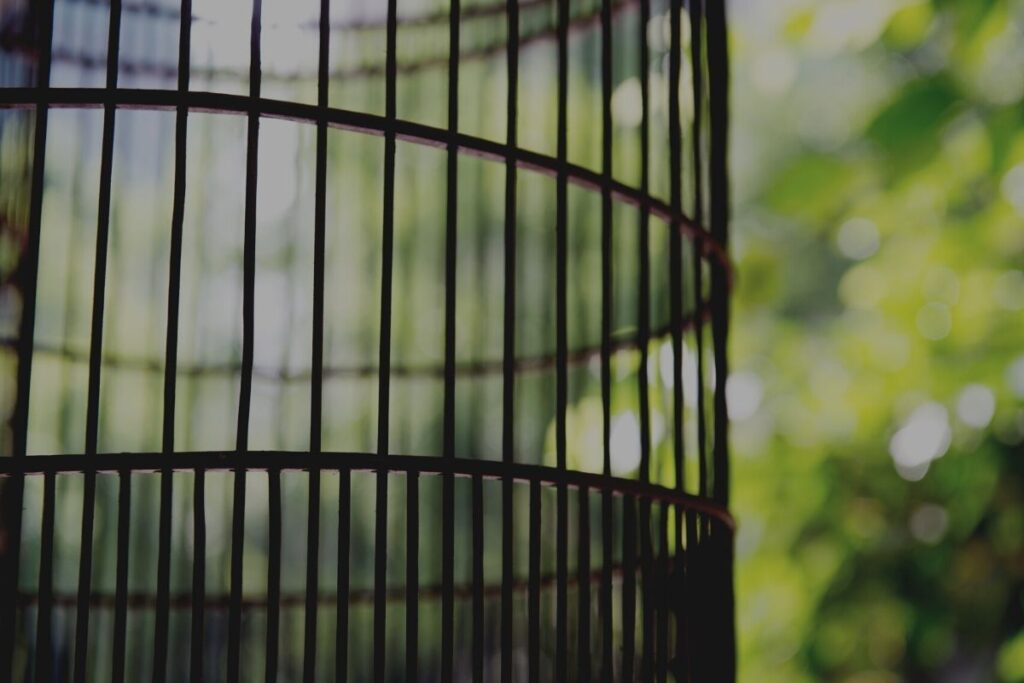
By having a cage cover, your birds will not get startled by other pets or animals in the middle of the night. A bird cage cover helps to prevent your birds from getting startled by other pets or animals in the middle of the night. Just like how a blanket provides cosiness and a sense of security to us, a cage cover does the same for your feathered friends. Covering their cages will help to prevent such distractions in the middle of the night or midway during sleep.
Preventing Bright Lights

Another reason why you might want to consider putting a cover on your pet’s cage is because it can provide them an environment for uninterrupted sleep. Birds need darkness for sleeping because they use melatonin as part of their circadian rhythm. Melatonin helps regulate their body clock and regulates how they feel during different times of day. When it gets too bright, melatonin production may be affected, resulting in a poorer quality of sleep. This can lead to the development of stress and anxiety in your birds.
Temperature Control
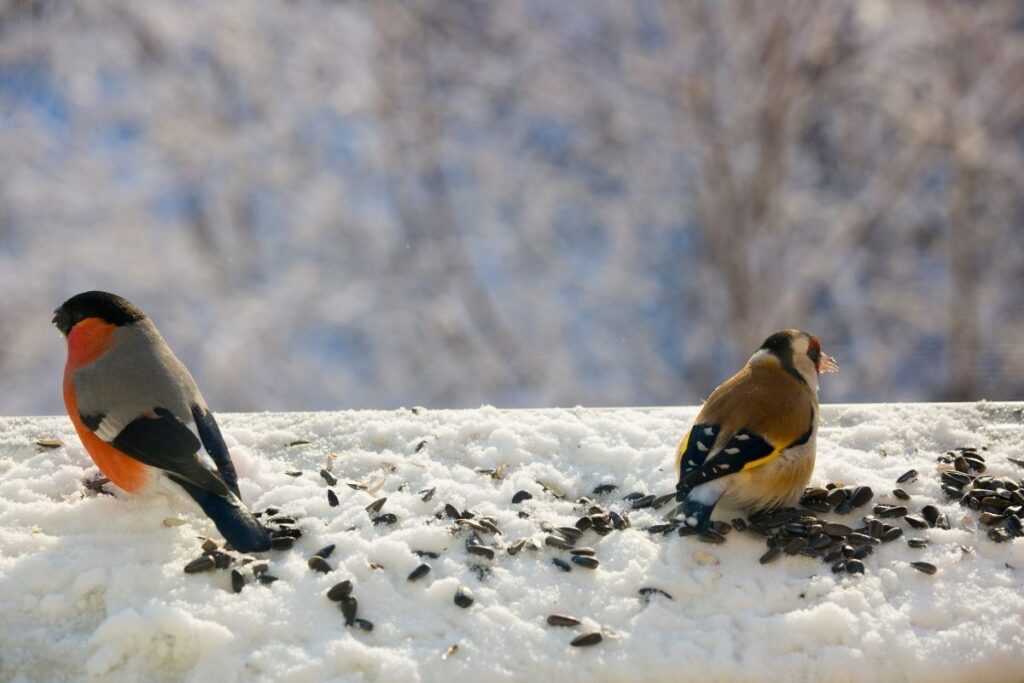
Finally, there’s also the issue of temperature control. Bird’s feather provide a fair amount of insulation to the cold. But if you live somewhere where temperatures dip below 50°F (10°C) at night, you will need to provide some warmth to your bird. A cage cover will help to keep your birds more warm and comfortable, and prevent sudden gusts of wind from getting to them.
You will know when temperatures are getting to cold when your birds start to fluff up their feathers. It’s ideal to provide a warm and comfortable environment for your birds to have a good rest. If it’s possible, bring them indoors during the colder seasons so that they are able to rest in a comfortable room temperature.
It is also important to know that some birds are less tolerable to colder temperatures, such as your usual indoor birds like parakeets and cockatiels. So always remember to keep them warm and cosy.
What Time Should I Cover My Bird’s Cage

It’s a matter of what time your birds usually go to sleep at night. Like us, birds have a circadian rhythm which helps them form a sleeping habit at night. Therefore, it is important to be consistent on the time you cover their cage at night.
Pet birds usually do not have other activities at night other than sleeping. They usually only sleep when it is dark too. So a general rule of thumb is to by put on their cage cover only after the skies have gone dark.
Birds are also early risers. So if you are covering your bird’s cage at night, make sure to uncover it early in the morning too.
Instances Where You Should Not Cover Your Bird’s Cage at Night
Some birds are happy to see their cage covers as it gives them a sense of routine, while others may not appreciate having one placed on their cage at all. It depends on the individual bird. You have to observe and make the right decision. Here are some tips.
Feeling Stressed
If your birds acting up or get stressed out when a cage cover is placed on their cage, then do not cover them up. You may try experimenting by partially covering their cages and see if they respond to that better. Remember that stress affects your bird’s health and wellbeing, and those are signs that your birds are trying to tell you that they do not like what is happening.
Night Frights
Believe it or not, some birds are also scared of the dark, such as parakeets and cockatiels. If your birds exhibit signs of night frights, then it may not be ideal to completely cover up their cage. They may even require a night light to sleep well, so that they are not being exposed to complete darkness.
Kept Indoors
If your birds are being kept indoors, they may not be a need for a cage cover. If they are being placed in a room that is dark, warm and cosy, they should be able to have a good night’s sleep without the need of a cage cover. All they require is a comfortable and relaxed atmosphere for them to rest well.
Do Cage Covers Keep Birds Warm
Cage covers greatly help birds to keep warm, especially if they are placed outdoors. Not only do cage covers help to trap in heat, they also help to minimize direct wind that may greatly interfere with your pet bird’s sleep at night.
When temperatures drop at night, a cage cover sure comes in handy to keep your pet birds warm and comfortable.
Can My Birds Breathe With a Cage Cover
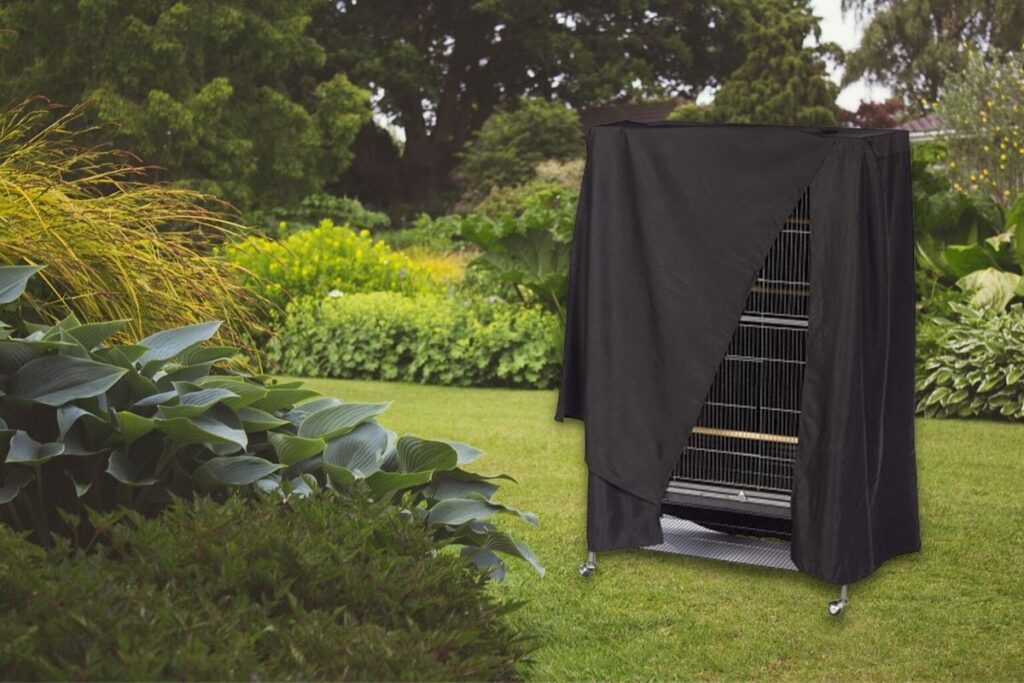
Birds have an interesting and unique way of breathing using air sac located around their bodies. But science aside, they do need oxygen to stay alive just like us. So long as you are using a breathable fabric, your birds should have no problem breathing with a cage cover.
Another important thing about cage covers is that you have to make sure they are made out of non-toxic materials. When washing their cages and covers, make sure to use approved bird-safe products too.
Takeaway
In conclusion, there really isn’t any hard and fast rules regarding whether you should cover your pets’ cages at night or not, although they tend to make more sense and work better if your birds are kept outdoors. The best advice I can give you is to experiment and find out which method works best for your particular situation.



